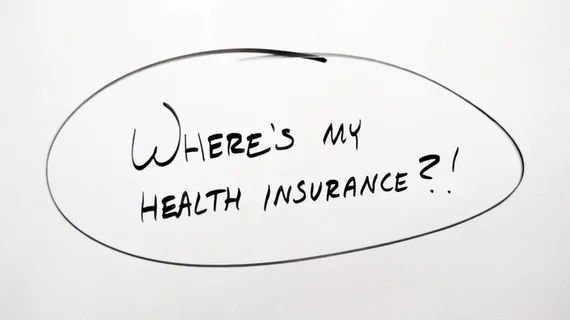Most adults who are currently eligible for Medicaid are unaware that they could lose coverage in the coming months, according to a new survey.
The finding reveals that as states are preparing for the end of the COVID-19 public health emergency (PHE) in mid May, many enrollees in Medicaid may be unprepared for coming changes. The PHE covered many healthcare provisions and flexibilities during the COVID-19 emergency, but some of the provisions will end May 11 when the PHE, which has been renewed every 90 days since the onset of the pandemic, terminates.
One of those provisions is the extension of Medicaid eligibility, which enabled millions to receive healthcare coverage. An estimated 18 million adults could lose their Medicaid status after the end of the PHE, as states will be able resume regular enrollment processes.
In a survey by the Robert Wood Johnson Foundation from December 2022, 64.3% of nonelderly adults in Medicaid-enrolled families were unaware of the resumption of Medicaid renewals in the future. Just 5.1% had heard a lot about the issue, 13.9% had heard some and 16% percent had heard only a little.
The survey also found the lack of awareness was across the board, regardless of state, region, Medicaid expansion status or type of marketplace operating in the state. Lack of awareness of the change was more than 60% in all four regions of the county, though people in the West had slightly more knowledge of the coming change compared to people in the Northeast. Plus, awareness was similar across states based on groups of whether or not that had adopted the Medicaid expansions in the Affordable Care Act–– 64.5% in expansion states and 63.7% in nonexpansion states were unaware.
“In December 2022, just four months before states could begin disenrolling people from Medicaid again, most adults in enrolled families had heard nothing about the return to the regular Medicaid renewal processes,” the survey stated. “Awareness did not vary widely by state characteristics, which suggests the need for widespread outreach and education efforts. For example, in nonexpansion states, where eligibility for continuing Medicaid is more limited for adults due to low eligibility thresholds, people will need help learning about and navigating Marketplace options; in expansion states, information about how to stay enrolled will be critical.”
The survey also stated that in both expansion and nonexpansion states, the unwinding after the PHE may be more challenging if Medicaid and marketplace enrollment systems are not well integrated.
The findings in the December survey are on par with sentiments revealed in a June 2022 survey, in which 62% of adults in a Medicaid family were unaware of the coming change. With such a high level of unawareness, states can mitigate potential coverage loss by educating its Medicaid population and minimizing uninsurance.

